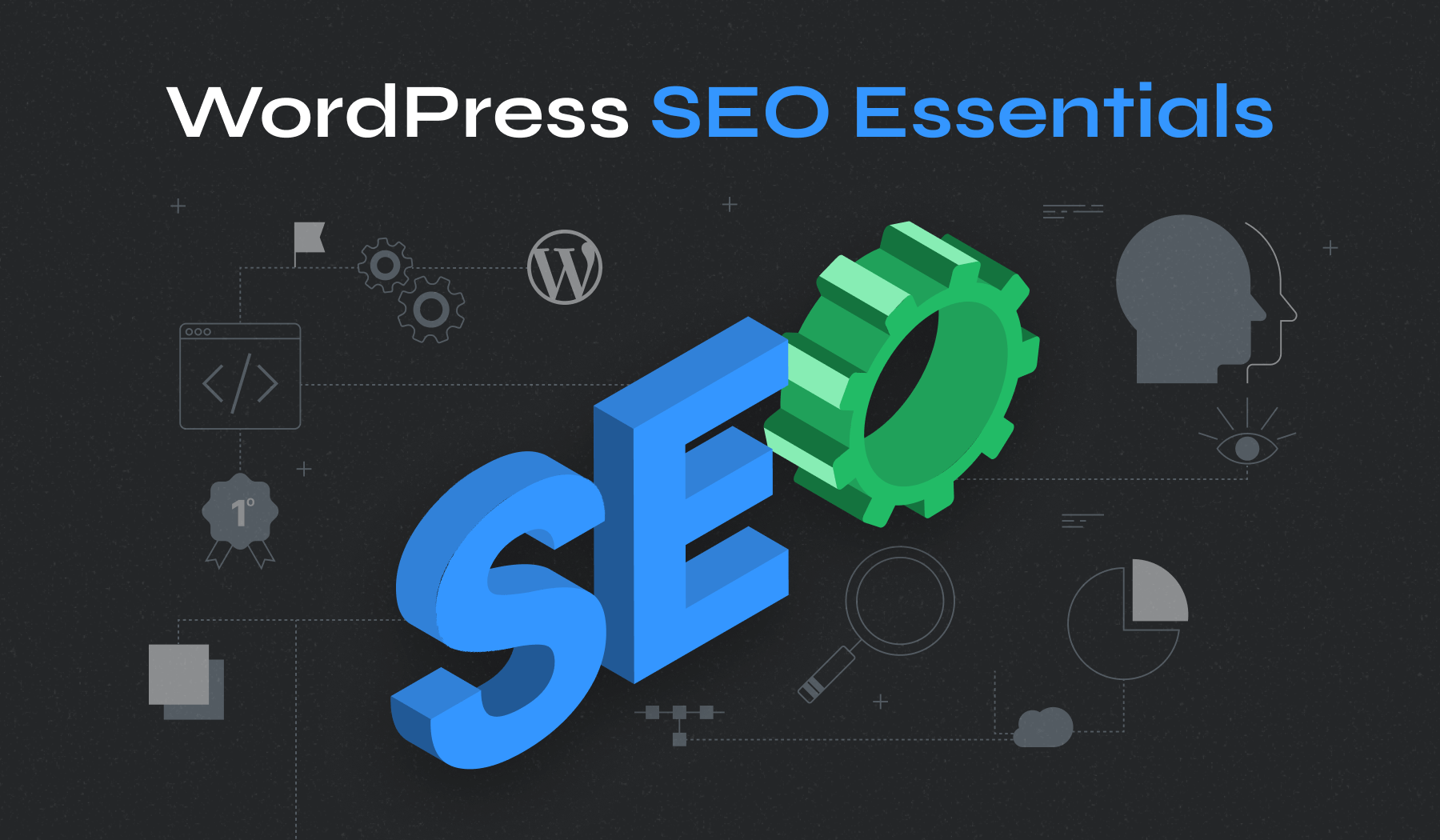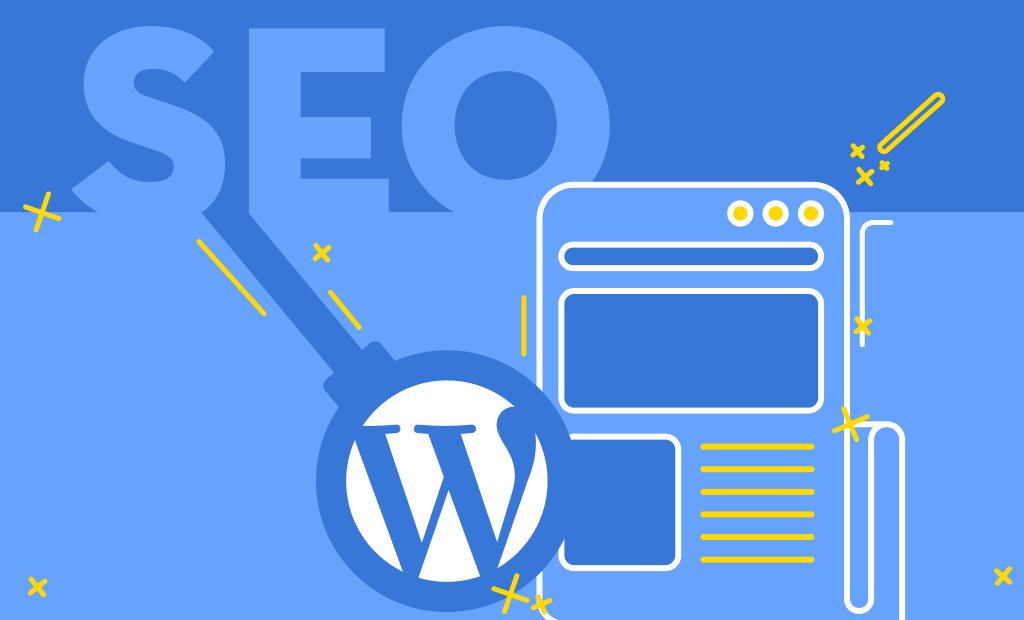WordPress SEO optimization requires a strategic approach that combines technical excellence with user-focused content creation. The art of search engine optimization has evolved significantly, with Google’s emphasis on Core Web Vitals and user experience signals becoming paramount to ranking success. Modern WordPress SEO isn’t just about anymore—it’s about creating a seamless, fast, and engaging experience that satisfies both search engines and human visitors.
The foundation of effective WordPress SEO begins with choosing the right infrastructure. An SEO-optimized theme that prioritizes mobile responsiveness, lightweight code, and accessibility features sets the stage for everything else. These themes enable search engines to crawl and index content more efficiently while providing users with smooth navigation across all devices. When combined with essential SEO plugins like Yoast SEO or Rank Math, website owners gain powerful tools for metadata optimization, sitemap generation, and real-time content analysis.
Technical optimization forms the backbone of WordPress SEO success. Page speed directly impacts both user retention and search rankings, making it crucial to implement caching solutions, compress images, and enable lazy loading. Core Web Vitals—measuring loading speed, stability, and interactiveness—have become official ranking factors that can make or break your search visibility. Clean URL structures, proper internal linking, and XML sitemaps ensure that search engines can discover and understand your content hierarchy effectively.
Content optimization remains equally important, focusing on natural keyword integration, compelling meta descriptions, and strategic use of heading tags. The key is writing for humans first while incorporating SEO elements that help search engines understand your content’s relevance and value.
Essential Technical Setup
Plugin Installation and Configuration
Installing a comprehensive SEO plugin is the first critical step for WordPress optimization. Yoast SEO and Rank Math offer essential features, including title optimization, meta description management, XML sitemap generation, and schema markup implementation. These plugins simplify complex SEO tasks and provide real-time content analysis to guide optimization efforts.
Theme Selection and Performance
Choose lightweight, mobile-responsive themes that prioritize speed and accessibility. SEO-friendly themes like Astra, Genesis, and Schema provide clean code structures that search engines can easily crawl and index. Ensure your theme supports proper heading hierarchies and semantic HTML markup for optimal search engine understanding.
Content Optimization Strategies

Keyword Integration and Structure
Use focus naturally within the first 100 words, subheadings, and throughout your content without stuffing. Include in meta descriptions, URL slugs, and image alt text to reinforce topical relevance. Strategic placement in first and last paragraphs helps search engines understand your content’s primary focus.
Internal Linking and Site Architecture
Implement strategic internal linking to distribute page authority and help search engines understand content relationships. Link to cornerstone content and related articles using descriptive anchor text. This practice improved rankings for 76.6% of posts in documented experiments, demonstrating its effectiveness for SEO performance.
Performance and User Experience
Speed Optimization Techniques
Implement caching plugins like WP Rocket, compress images using tools like ShortPixel, and enable lazy loading to improve Core Web Vitals scores. Fast-loading pages not only rank better but also reduce bounce rates and improve user engagement metrics that search engines monitor.
Mobile-First Optimization
With Google’s mobile-first indexing, ensure your WordPress site provides an excellent mobile experience. Test responsiveness across devices, optimize touch elements, and prioritize mobile page speed to meet modern search engine requirements.




